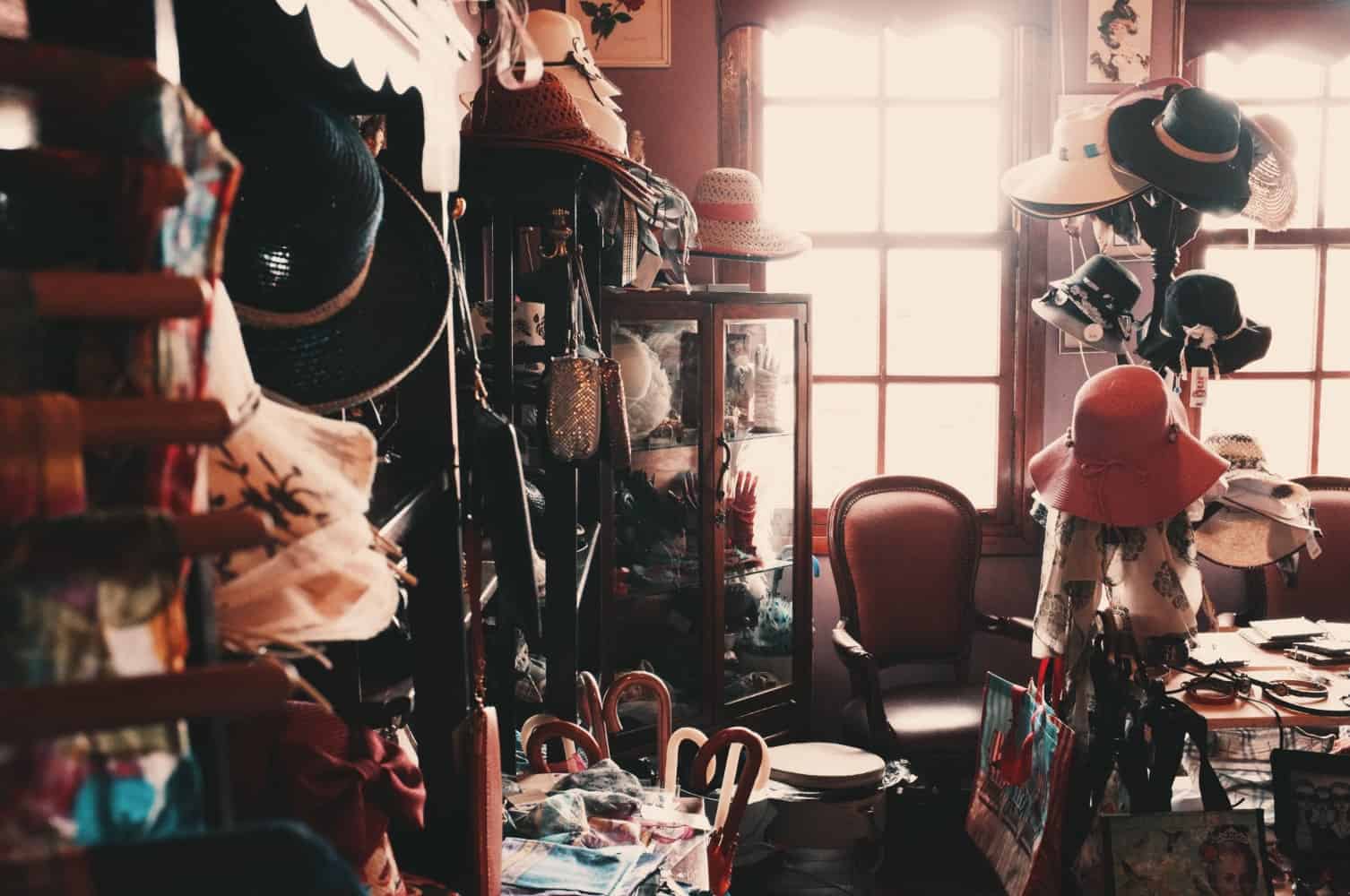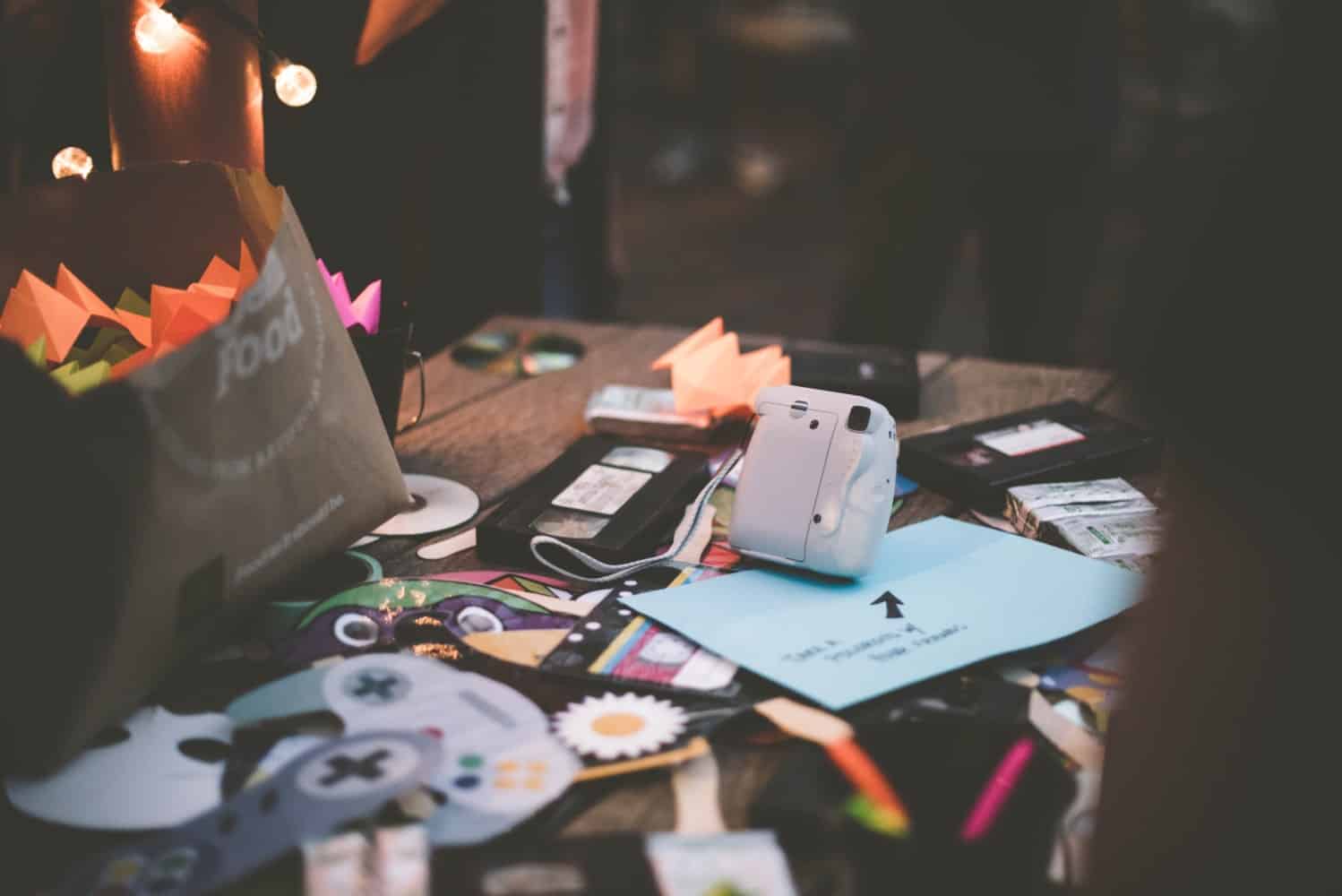
Calculating the Cost of your Clutter
The truth about a difficult situation can be a useful reminder that you need to make some changes. I once had ninety six boxes of clutter in my home. They occupied an entire room in our three bedroom house. I had allowed a third of our house to be utilised by packed and boxed clutter. On a building that cost us £1,200 per month the maths are easy to do. This figure is the cost of living in the building, and also includes insurance, utilities as well as decoration. That’s £400 per month of our outgoings spent each month on the storage value of my boxes, most of these containing books.
£4,800 a year over five years minimum or £24,000 that I have shelled out as a part of overall accommodation costs just to store several thousand books that I have not looked at or made any use of in that time. Boy, did this realisation make me feel stupid! It also caused me to feel sadness that I had not handled the situation well.
In your own place what have you got that takes up the equivalent of at least a full room in your house? Think about the value of the items that you have in that combined space where, if you were to box all the ‘stuff’ and stack those boxes, you would end up with a room filled from floor to ceiling. Take that room as a proportion of your property and identify the monthly cost of that building or space. It doesn’t really matter whether you rent or pay a mortgage. The cost you have is the cost. If the clutter is taking up 10% of your monthly accommodation budget then take that figure as you Cost of Clutter. If it is 20% then it is 20% of your expenditure. This fact should be enough to make you sit up and take notice all of a sudden.
I know you might say, “But Nick, don’t be hard on me! This is only filling the basement or a garage unit attached to the house.” Am I sympathetic to you? NO! Not at all. Am I empathetic to your situation? Yes, for sure I am. Having been through the process myself I am gong to explain this in a very straight forward way. I care enough to help you make the difference in your life that we finally had the courage to tackle in our own situation.
Whatever the cost, take a moment to see that same amount of money in your savings account and being available to you for fun activities, holidays, investment, travel and holidays. Those funds could be used to pay down or settle in full loans that you have and which you would like to be free and clear of. Consider the emotional relief that will come from taking such money and clearing those debts. You could buy possessions that you genuinely love and adore, and which might have an investment value as well as being functional and or beautiful in your living space. Items that you would benefit from seeing and using every day.
This will not be easy, but the journey you can make is a simple one. Explore the items in your house that bring you no benefit or which have fulfilled the function for which you originally bought them. This usage or non usage relates only to some of the clutter in your life. A lot more of it will be having an emotional cost to you. In the same way that I had in the back of my mind the subconscious sense of the emotional weight of those boxes of books, files and papers, so too will you also be carrying a burden associated with the stuff you are carrying about in your home space.
Reduce your clutter and enhance your life in the process!
